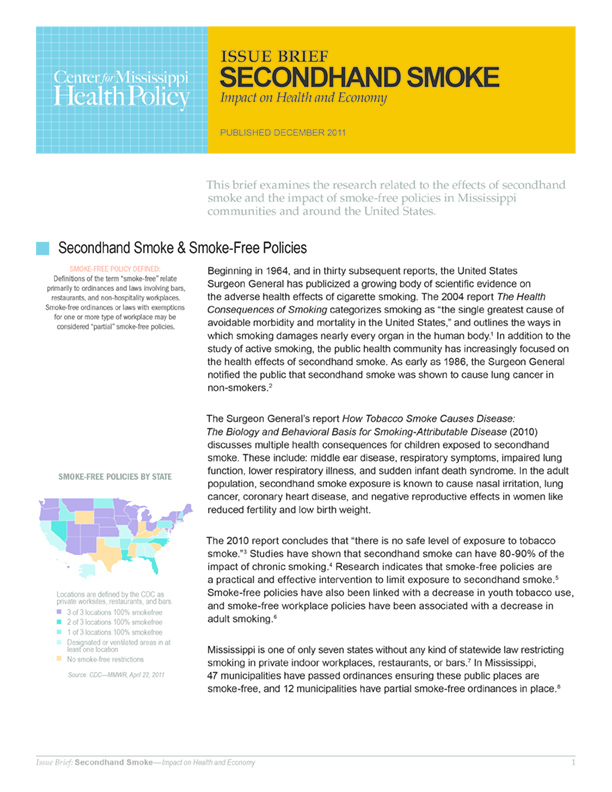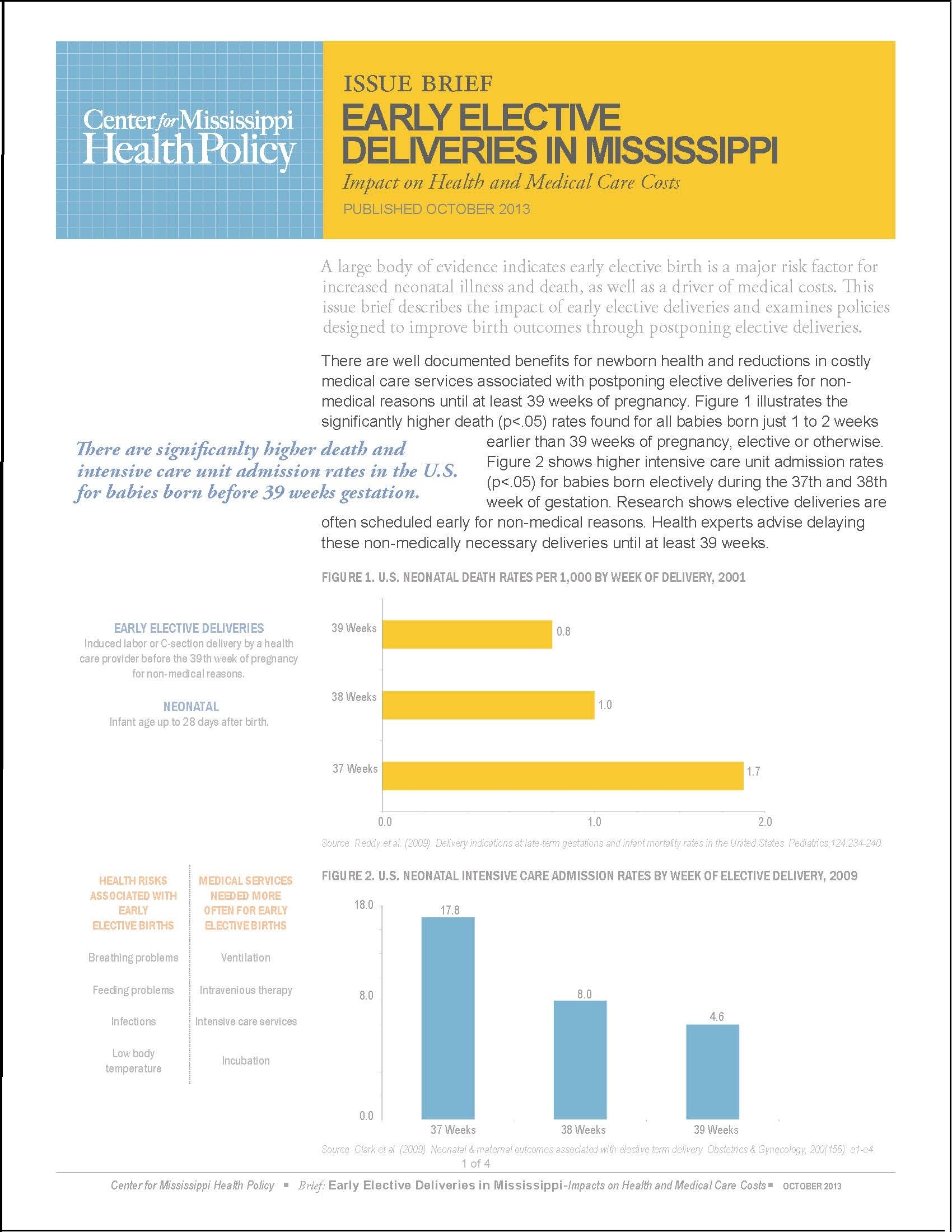Thursday, February 21st, 2019
Welcome to Policy Points
By Zach Smith and Eden Blackwell
Data, always key in the Center’s work, have been the cornerstone of successful public health interventions since John Snow saved the lives of hundreds in London’s 1854 cholera outbreak through the data-informed removal of the handle from a single water pump. Incidences of cholera pin-pointed on a map led to a targeted intervention and policy that had broad, life-saving effect.
In present day, big data are being mined from more and more sectors expanding the reach of researchers who seek to understand disease in our population and improve health. We can now leverage data on the average life span, resource availability, healthcare access, healthcare outcomes, public safety, social support, natural environment, availability of work, and economic status to be analyzed by professionals from backgrounds including medicine, social science, and law to determine what interventions might be needed down to a specific zip code.
Data-driven health policies exist both nationwide and in Mississippi. In 1972 the US Surgeon General released a report identifying second-hand smoke (or involuntary smoking as it is sometimes called) as a health risk. The following year Arizona became the first state to implement smoke-free ordinances in several public places. More states, cities, and even workplaces followed suit, and as of 2018, 26 states had complete bans on smoking in public places. To date, studies have shown that smoking bans positively impact the health of populations in as little as 12 to 24 months through the reduction of hospital admissions due to heart attacks, asthma, stroke, and COPD. Local hospital data in Mississippi towns with recently implemented smoke-free ordinances have shown the same positive results.
In 2013, Mississippi had the highest rate of early, elective deliveries in the nation. Evidence illustrating the avoidable health consequences and medical costs often resulting from early elective birth were used in a collaborative policy-making process that included hospitals, health care professionals, and major insurers in the state. The result of this data-driven policy was a swift and steep decline in the percentage of babies born electively before 39 weeks— from 22 percent of births down to five percent by the end of 2015.
It is the Center’s mission to be a catalyst for healthy policy debate (through facts and evidence-based policy) in Mississippi. We strive to provide decision makers and key stakeholders in our state with objective information to add value to the policymaking process. While most of the research we publish will continue to be more in-depth in nature, we’ll use this blog to explore, in short form, policy issues that are timely and relevant. If you’d like to follow our work be sure to sign up here…




